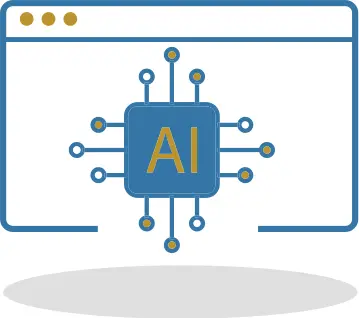

Salaries for South African coders
According to the Salary Survey, the average salary for South African coders has increased from 2017 to 2018, rising from R41,555 a month to R42,673 a month.
In comparison, the overall average monthly salary for South Africans has dropped. BusinessTech reports a decrease from R20,060 in November 2017 to R19,858 in February 2018. BankservAfrica reports an even lower average salary, at R13,621 a month. In short, coders’ salaries in South Africa are a lot higher than the national average.
More stats about salaries in the tech sector:
• Salaries increased by 74% between 2017 and 2018.
• The average salary increase during this period was 8.7%.
• The majority of tech professionals in South Africa (55%) think their salary is fair.
• Last year, 60% of tech professionals received a bonus.


Types of coding qualifications available
Short courses (3-9 months): Internationally recognised part-time online courses, good CV-boosters.
Higher Certificate NQF Level 5 (1 year): Skills-based and industry-orientated, designed to help propel developers into the tech world.
National Diploma NQF Level 5 (2-3 years): Similar to a degree, but with a more practical and career-centric focus.
Tech NQF Level 7 (1-year top-up following a diploma): A practical-focused qualification that can be done as an alternative to a Bachelor degree in South Africa.
Bachelor’s Degree NQF Level 7 (3 years): A BSc Computer Science BSc IT qualification balances theoretical Computer Science with practical software development skills.
Honours Degree NQF Level 8 (1-year top-up following a BSc): A higher, more specialised and research-heavy qualification focused on a single subject.
Online bootcamps (3-6 months): HyperionDev offers industry-aligned and mentor-led online coding bootcamps.









